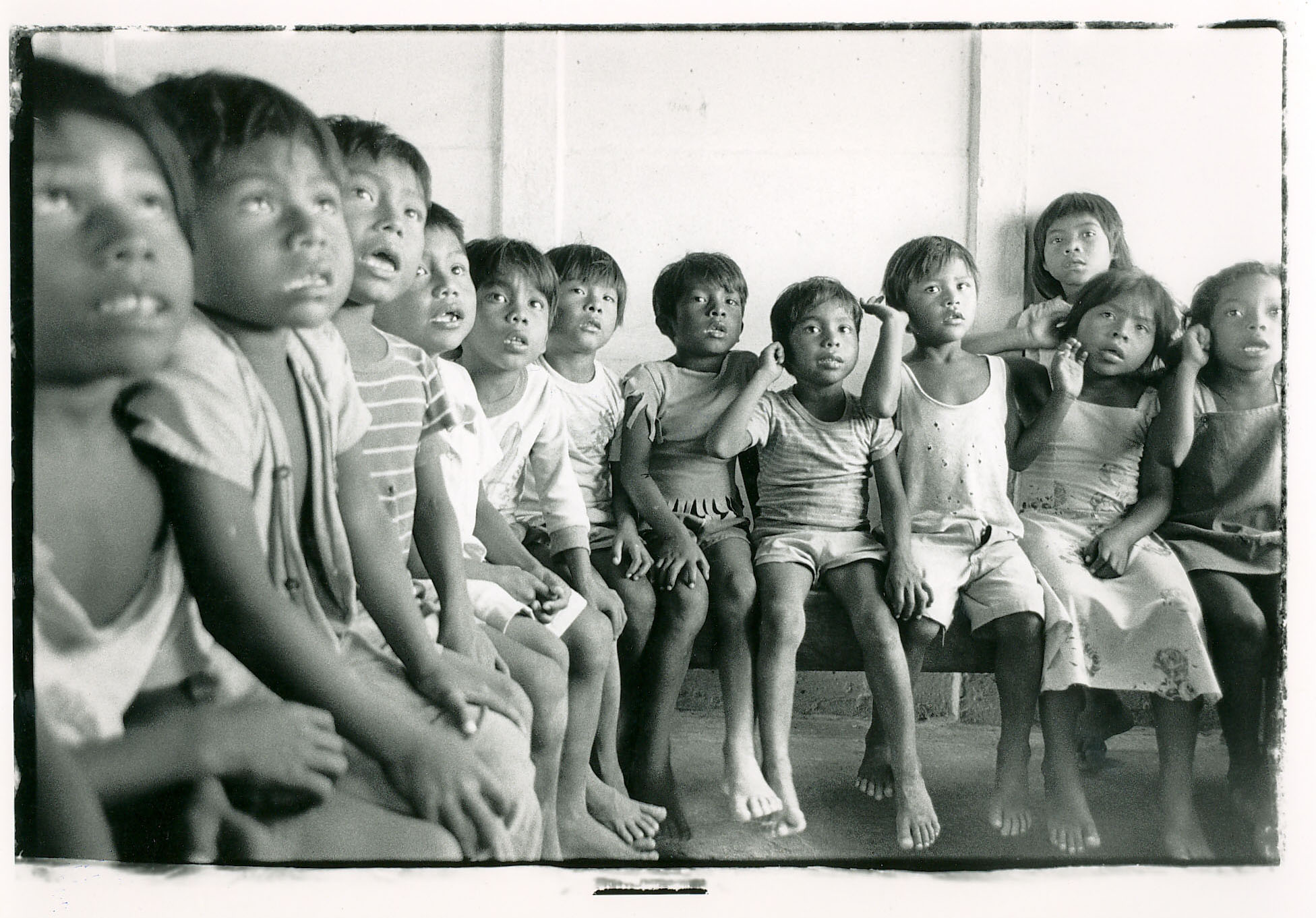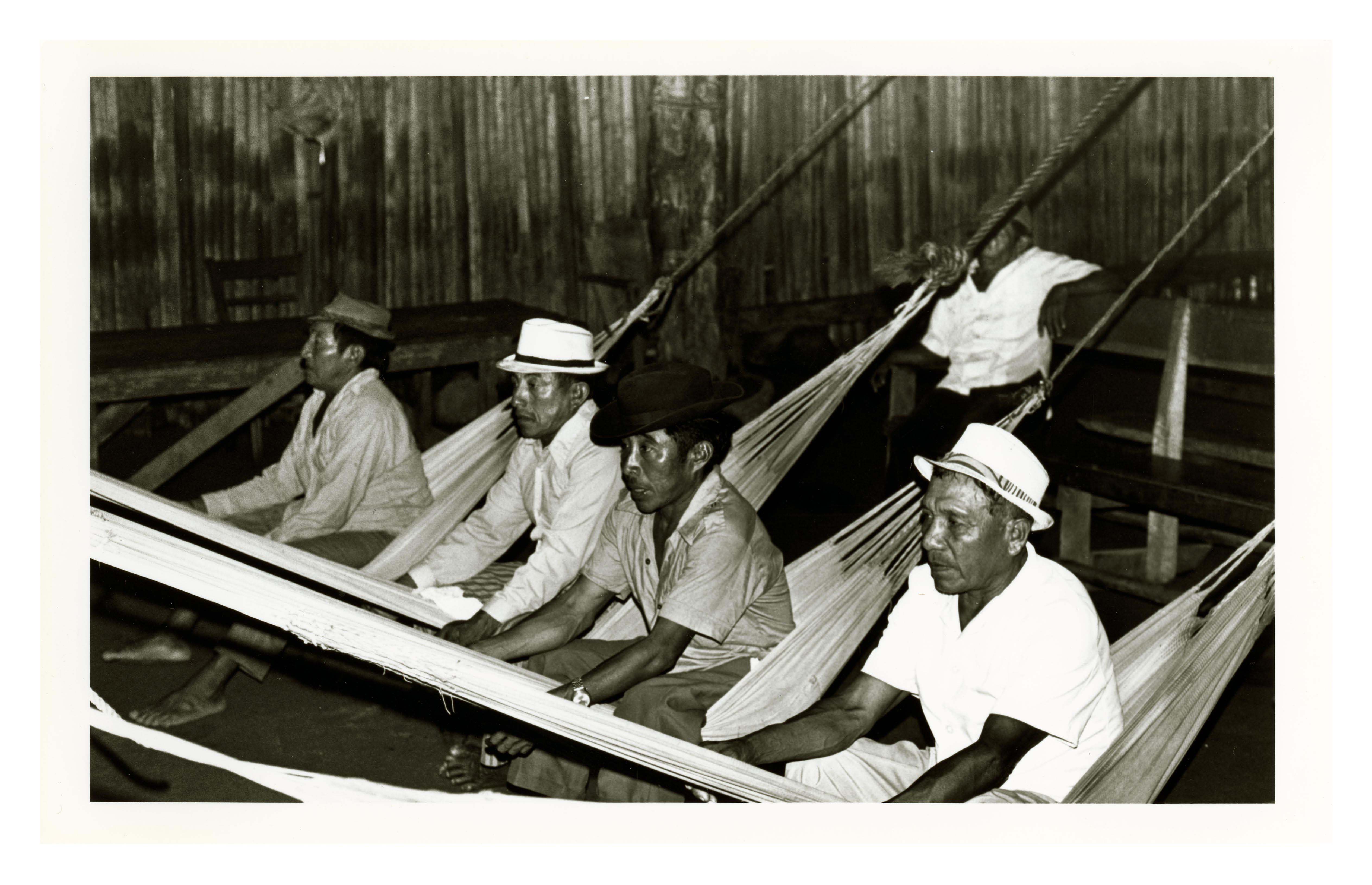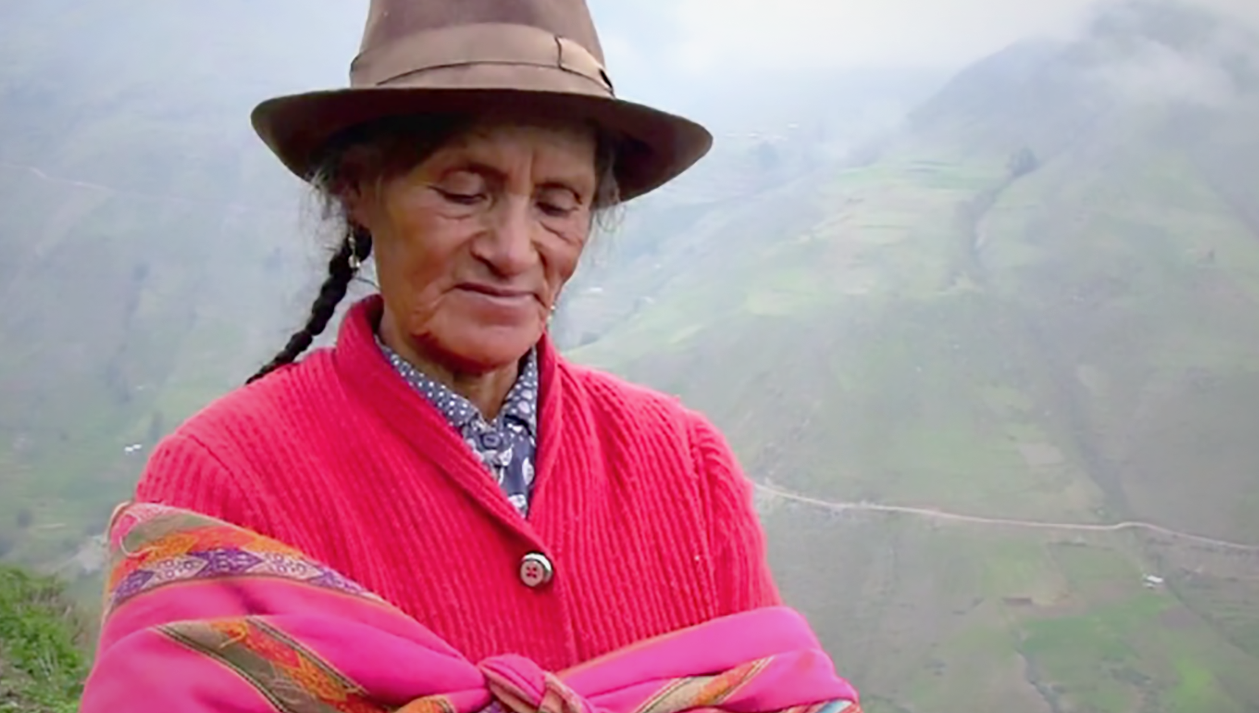The staff of the Archive of the Indigenous Languages of Latin America unveiled its new self-deposit tool at the first AILLA Archive-a-thon, a two-part event that was held on Friday, October 27, and Sunday, October 29, in conjunction with the eighth Conference on Indigenous Languages of Latin America (CILLA VIII).* The Archive-a-thon was led by Susan Kung and Ryan Sullivant, AILLA’s manager and curator, respectively, and it was attended by a group of language documentation researchers made up of 25 professors and graduate students from the US, Canada, Mexico, Guatemala, Venezuela, Argentina, Switzerland, and France.
These researchers work to document some of the 800 or so indigenous languages spoken in Latin America, from the US–Mexico borderlands to Tierra del Fuego in the southern tip of South America. Language documentation and conservation is a field that has emerged in the last 25 years in response to the worldwide language endangerment crisis that began in the late 19th century and became evident in the later part of the 20th century.
Language documentation researchers work alone or in teams to collect and preserve audio, video, textual, and photographic records about endangered, understudied, and under-resourced languages and their related cultures. Most language documentation projects seek to record as many different speech genres as possible (e.g., conversation, oral history, myths and traditional stories, prayers, recipes, jokes and riddles, speeches and other oratory events, etc.), while other projects target very specific aspects of language (e.g., how location and direction are expressed in a language). Some language documentation projects include a language revitalization component, in which the data that are collected are used to further support the transmission of the language from one generation to the next through language learning programs for both children and adults; these programs might include classroom education, summer camps, mentor-mentee partnerships, or language nests. Language documentation work is often done under critical time constraints as many of these languages are highly endangered, having only a few elderly speakers left (and in some cases only one or two), and children are no longer learning them in either the home, community, or school environments.
Continue reading Indigenous Language Archive Unveils New Tool



